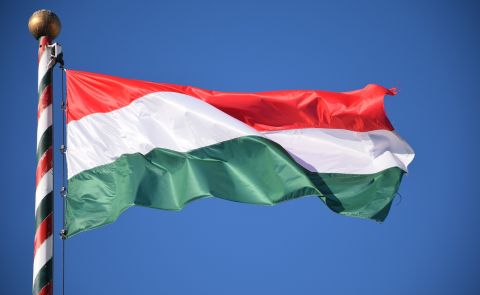
Robert Kocharyan Discusses Deep Polarization Within Armenian Society and Military
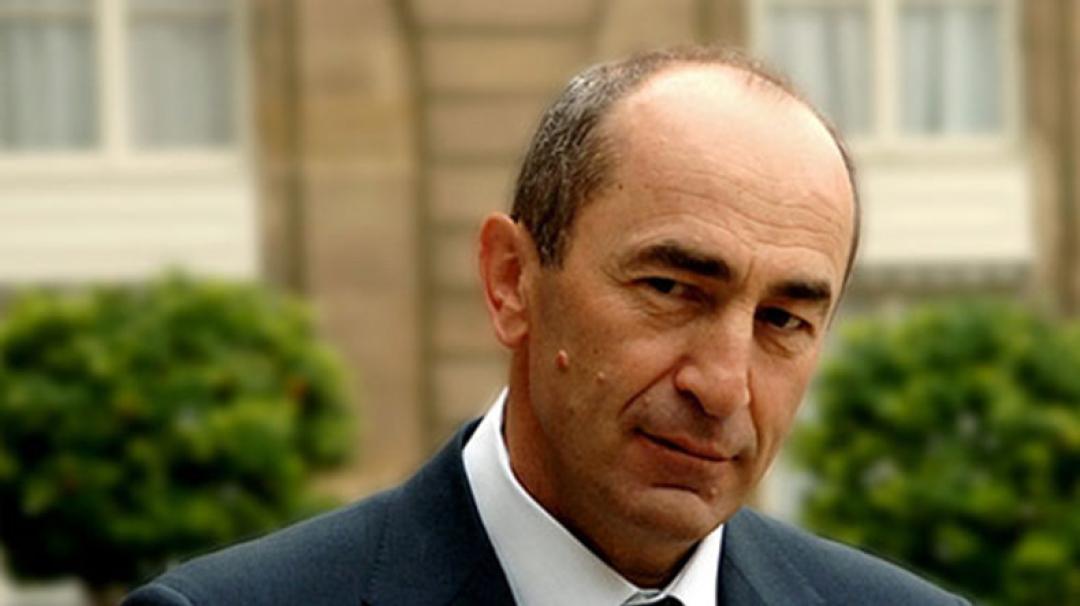
On April 28, Robert Kocharyan, Armenia’s second president, addressed the deep polarization within Armenian society, particularly in the military, and the failures that contributed to the defeat in the 2020 war.
During a meeting with students and professors at “Armenian University,” Kocharyan noted that since October 2020, Armenian society has been sharply divided into categories such as “old” and “new,” “robbers” and “non-robbers.” This divide extended beyond politics, significantly affecting the military. He highlighted that generals were increasingly intimidated and perceived as part of a corrupt group disconnected from the army. Kocharyan observed that military personnel with army backgrounds began appearing in public in civilian clothing, signaling a retreat from their military identity, once a source of pride. This shift, he argued, undermined the army’s cohesion—whether intentionally or not—and was amplified by media narratives between 2018 and 2020, which eroded military morale.
Kocharyan stated that during his tenure, major army reforms were neglected. Although the need for reforms was recognized after the 2016 four-day war, they were largely ignored or postponed, with efforts focusing on non-essential aspects like canteen improvements rather than combat readiness. He explained that the army’s two-year service cycle meant that inadequate combat training during service drastically reduced effectiveness. Kocharyan noted that while issues like soldiers’ living conditions were important, they detracted from the core objective of preparing the army for combat.
Reflecting on his role during the 2020 war, Kocharyan recounted visiting Nagorno-Karabakh shortly after the conflict began and urging figures like Bako Sahakyan and Arkady Ghukasyan to organize a meeting with Araik Harutyunyan to discuss halting the war. He stressed the urgency of stopping the conflict, as Armenia was unprepared, and prolonged fighting would worsen the situation. However, Harutyunyan hesitated, citing concerns that meeting Kocharyan would create tensions with Prime Minister Nikol Pashinyan. Kocharyan lamented the detrimental impact of these political dynamics.
On defense preparedness, Kocharyan highlighted the failure to adapt to emerging threats like drones. He noted that by 2016, it was evident that investments in anti-aircraft systems were needed, rather than high-profile purchases like Su-30 aircraft. This oversight left Armenia lagging behind Azerbaijan in both quantitative and qualitative security indicators.
Kocharyan also addressed unity, stressing that merely uniting opposition forces around a single goal was insufficient. He acknowledged that tactical alliances could form during elections, but a coalition of numerous diverse forces was unrealistic. He emphasized that effective cooperation required shared goals, clear rules, and mutual agreements to achieve meaningful progress.
See Also

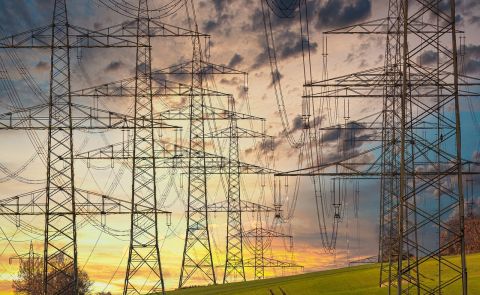
Energy Sector Milestones: Armenia Advances Key Power Infrastructure
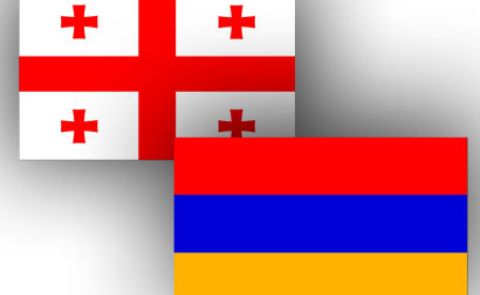
Armenia Temporarily Halts Brandy Exports Amid Georgian Border Congestion
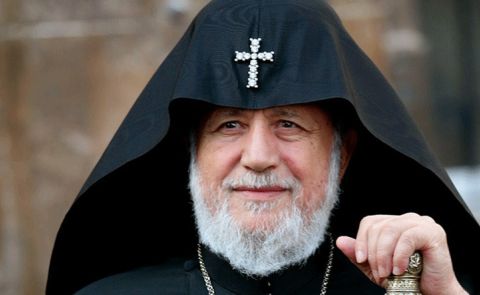
Political and Religious Conflict Intensifies Over Armenian Apostolic Church Leadership
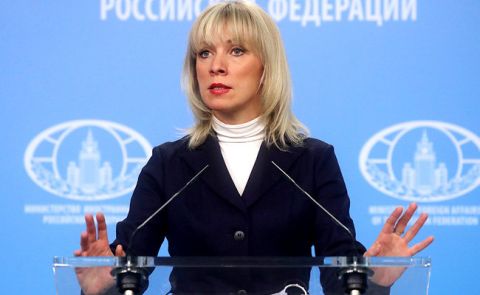
Maria Zakharova Warns Azerbaijan to Respect Russia’s Sensitivities on NATO Expansion, Criticizes EU Mission in Armenia
